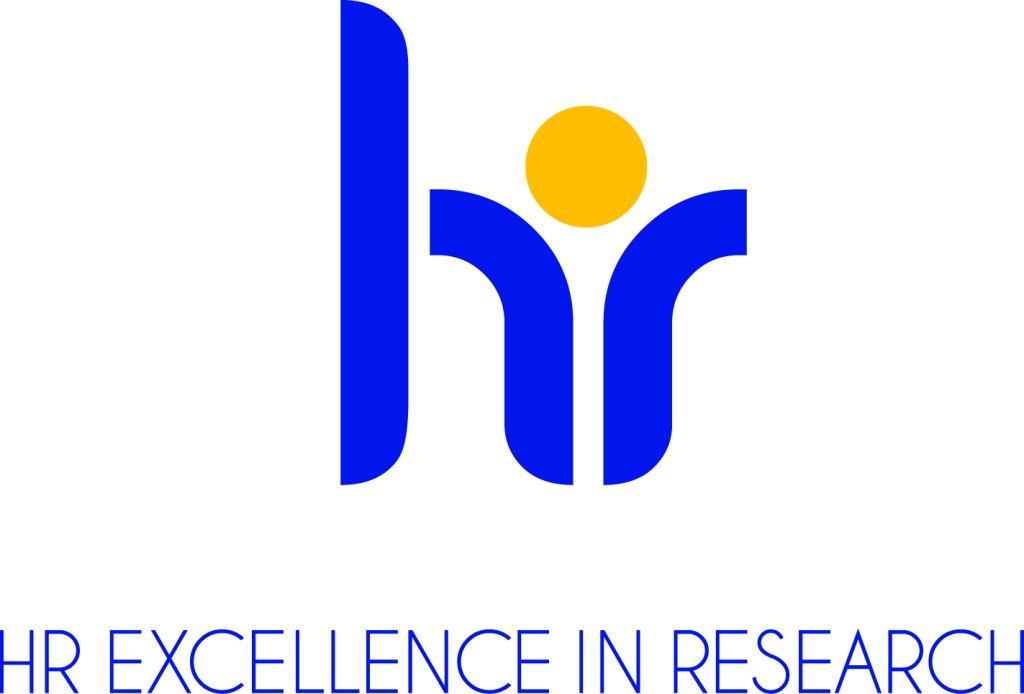Call for papers
24.01.2015 | 21.10.2019
Shared Practices, Entangled Spaces, Circulating Objects, Translated Theories: Relocating German-Polish Scientific Relations
International Conference of the Cooperation Initiative of the Leibniz Association and the Polish Academy of Sciences: "Cross-border Scientific Dialogue. Potentials and Challenges for the Human and the Social Sciences", in cooperation with Ludwik and Alexander Birkenmajer Institute for the History of Science
Date: 28-30 October 2015
Venue: The Herder Institute for Historical Research on East Central Europe – Institute of the Leibniz Association, Gisonenweg 5-7, 35037 Marburg
Local Organizer: Jan Surman (jan.surman@herder-institut.de)
From the Middle Ages to the present, intercultural exchange has shaped knowledge and scholarship in Central Europe. Cloisters, universities, libraries, cabinets, museums and laboratories, to name only few sites of knowledge production, constituted privileged meeting spots for scholars, ideas or instruments throughout the ages. The various local and situational identities, languages, sociolects, and knowledge cultures these places involved were increasingly recast into one-dimensional ethnicized and nationalized narratives which buried their dynamic and malleable character. Our conference aims at revaluating the contacts and intersections that one usually calls German and Polish. It seeks alternative ways to tell the stories of scholarly entanglements of the space in question. In particular, we aim at questioning the widespread center-periphery relation, which has implicitly and often explicitly dominated the approaches to research thus far.
We invite speakers to reflect on German-Polish scientific relations in the light of the following ideas about how knowledge exchange works:
- With the times of arguing for or against the Polishness/Germanness of Copernicus long having passed, the identity of actors has undergone heterogenization and dynamization. The personal view on identity with its indeterminacy and fragility, changeability and resistibility, incongruence and simultaneity has replaced ascriptions of group identities. The nexus of space, language and culture has become dissolved and contextualized. With “go betweens” and imperial biographies, a category of actors has been introduced recently into the history of science that eludes simple national categorization, and links the heterogeneity of identity constructions with data carried by these individuals. But the question remains as to what happens to individuals and their environment when scholars migrate, adopt and influence their new working space, whether they be peregrinating monks of the Middle Ages or young expellee scholars of Communist times. These processes may include translation, adaptation, opposition and reorientation, but they always include the exchange of information and knowledge, which was unknown to the other side.
- Institutions, both formal and informal, make such mobility processes possible. Not only universities, academies, laboratories, but also religious establishments were in many cases spaces of inclusion of transregional knowledge, enabling also the transfer of tacit knowledge and practices. Networks were constituted by both strong and weak ties. They were not only spaces in which information and objects were transferred, but also those, which structured participants’ developing worldviews and paradigms.
- Scholarly relocation is but one factor in knowledge exchange. Recent historiography of science and scholarship, has argued that looking beyond the curtains of publications at what François Jacob called “night science” reveals a mesh of contacts and circulations that shape final results. Kapil Raj has shown how interaction in the periphery has made certain kinds of knowledge in centers of calculation possible. Objects, instruments, maps or books travelled through space and time carrying information to be read out of them. So did scientific infrastructure, collections and architecture of knowledge, since political boundaries changed frequently over time.
- With the locality of knowledge and ideas of a “geography of reading” (David N. Livingstone) and “geographies of reception” (Nicolaas Rupke), the process of reading cannot be divided from an interpretive context. Theories, solid as they are, are similarly embedded and need to be translated for application. In this way, science and knowledge become intertwined in a complex relation with political and cultural contexts, in which neither is predominant but rather exist as “resources for each other” (Mitchell G. Ash).
Such processes constitute in our eyes the dynamics of scientific transfer and entanglement. It is these dynamics which our conference aims to uncover.
We invite presenters to apply who are willing to engage with these and similar sets of questions, while dealing with Polish-German scientific relations in the broadest possible sense of these concepts. Individual papers may address questions of narratives and discourses, political contexts, persons, networks, institutions, objects, instruments, images, representations and media, etc. The call addresses scholars at all stages of their careers working on any time period. Young scholars are explicitly encouraged to apply.
Travel and accommodation costs for the speakers will be covered. Please send your abstract (maximum of 2,000 characters) as well as a short CV with details of your current research interests and recent publications by 20 February 2015 to jan.surman@herder-institut.de. Accepted speakers will be notified by 20 March 2015.
Conference committee: Maciej Dolecki, Maciej Górny, Gregor Feindt, Peter Haslinger, Adam Kożuchowski, Katharina Kreuder-Sonnen, Piotr Madajczyk, Ewa Manikowska, Grzegorz Marzec, Thomas Strobel, Jan Surman, Leszek Zasztowt
For further inquiries, please contact Dr. Jan Surman
Postdoctoral Research Associate
Leibniz Graduate School “History, Knowledge, Media in East Central Europe”
Herder Institute for Historical Research on East Central Europe
Gisonenweg 5-7
D-35037 Marburg
Email: jan.surman@herder-institut.de
Tel.: +49 6421 1754983


 Wróć
Wróć
